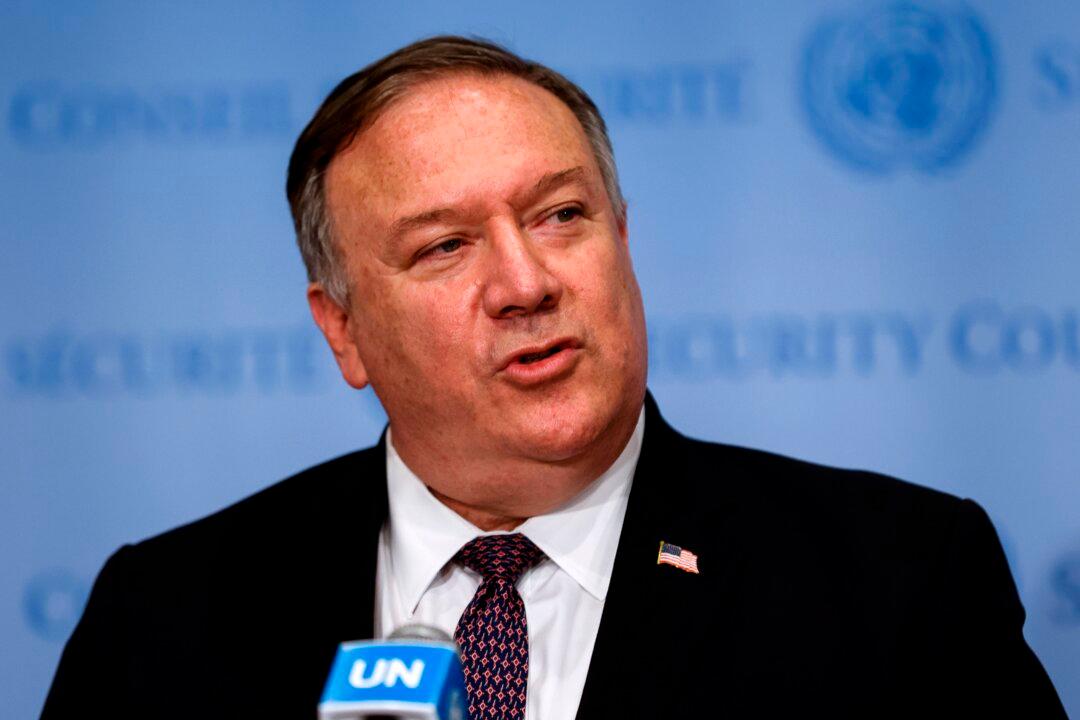WASHINGTON—The United States on Wednesday imposed sanctions on International Criminal Court (ICC) prosecutor Fatou Bensouda over her investigation into whether Taliban, Afghan, and American forces committed war crimes in Afghanistan, Secretary of State Mike Pompeo said.
The United States is not a party state to the Rome Statute of the ICC.





